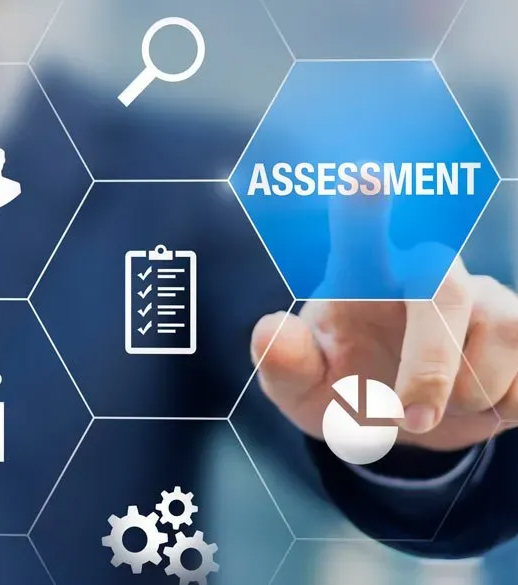PSYCHOMETRICS & MEASUREMENT
What Is Psychometrics?
The success of any research analytic endeavor is completely dependent on the metrics that are used in the analyses. In fact, determining what will be used to measure your variables (e.g. success, satisfaction, learning, etc.) is the most crucial decision of any research or evaluation project. More importantly, there is an entire field of study, known as psychometrics, that can be used to help ensure that you have chosen the right metrics for your data-driven research or evaluation project.
Psychometrics refers to the science of measuring psychological constructs. One who is trained in the science of measuring psychological constructs is known as a psychometrician. A psychological construct can be thought of as something that we know differs among people, such as personality, and psychometrics refers to the science of trying to define, measure, and differentiate that construct. Psychological constructs are the underlying attitudes and behaviors of your customers, clients, or students that you are trying to study or evaluate. They can also be thought of as the cause of certain behaviors in your clients, customers, employees, or students.
We can help develop tools to measure constructs such as:
- Satisfaction
- Knowledge
- Understanding
- Attitudes
- Perceptions
- Achievement
Using Psychometrics to Create Quality Measurement & Assessment Tools
Psychometrics can be used to help you determine the quality of the metrics that you are developing or have chosen to use in your research or evaluation project: reliability and validity.
Reliability refers to the precision and consistency of scores obtained from your data collection tool (e.g. survey or other type of assessment). Validity refers to how well your data collection tool is measuring what you think it is measuring. In fact, there are many different types of validity evidence that can be obtained to determine the extent to which your data collection tool reflects true differences in what you are trying to measure. However, not all types can, or should, be used to determine the validity of one data collection tool. Rather, the type of validity evidence that is collected should be based on your individual project.
With over 20 years of experience we have the expertise to
● Help you to define the construct you are trying to measure
● Help you to determine the behaviors that elicit the construct you are trying to measure
● Work with you to design the tests, surveys, or other assessment tools you will use to measure the construct
● Conduct analyses, with data collected from the measure, to ensure your measure is functioning in an optimal manner
● Advise you on ways to improve your measure, if any
● Design validity studies
SCHEDULE YOUR CONSULTATION TODAY
We will get back to you as soon as possible.
Please try again later.

